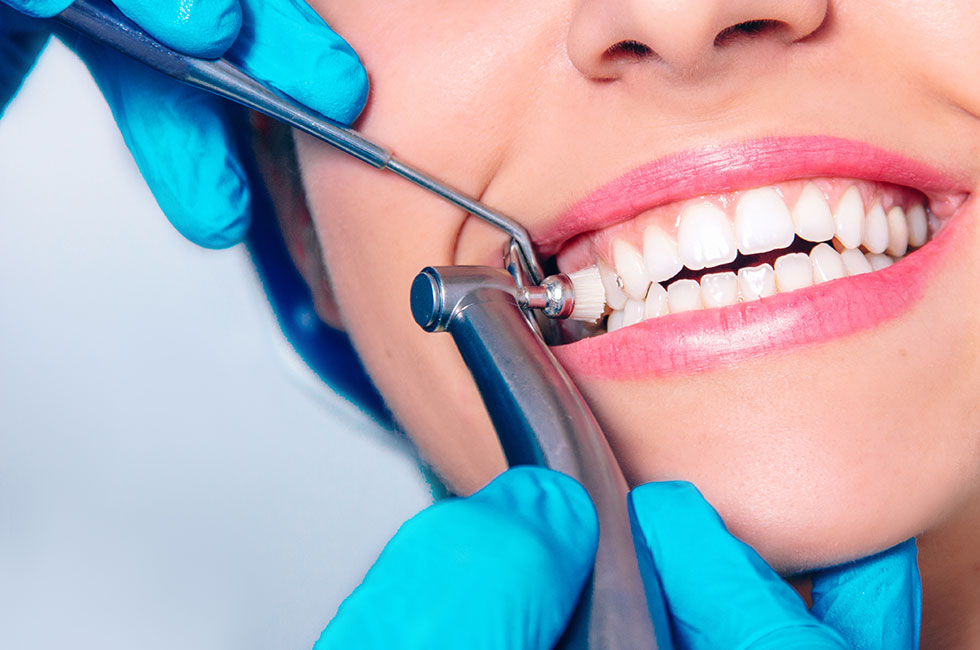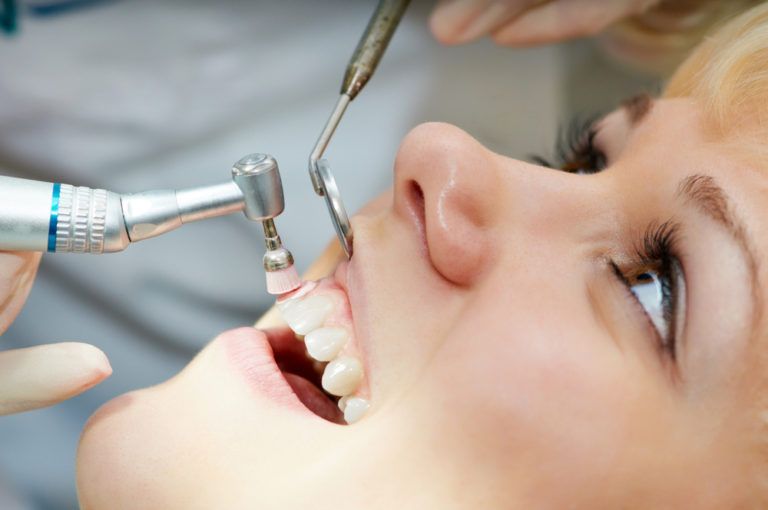Teeth Cleaning
Teeth cleaning is a routine dental procedure designed to remove plaque, tartar, and surface stains from the teeth, promoting optimal oral hygiene. The process typically involves:
Examination: The dentist or hygienist examines the teeth and gums for any signs of disease or issues.
Scaling: Using specialized tools, the hygienist removes plaque and tartar buildup from the tooth surface and along the gum line.
Polishing: The teeth are polished to remove surface stains and smooth the enamel, making it harder for plaque to accumulate..
Fluroide Treatment: A fluoride treatment may be applied to help strengthen the teeth and protect them against cavities.
Benefits of Teeth Cleaning
Regular teeth cleanings are essential for maintaining healthy teeth and gums, preventing tooth decay, gum disease, and bad breath. It's recommended to have a professional cleaning every six months.
- Prevents Tooth Decay
- Reduces Gum Diseases
- Prevents Bad Breath
- Maintains Healthy Teeth and Gums



